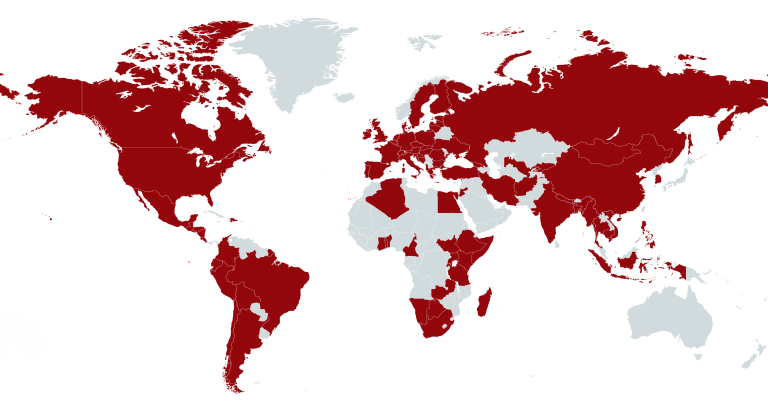Countries of Cooperation

Ex Post Evaluation
Start of project: January 2011
End of project: December 2012
Copy permalink:
Evaluation of the project ‘AnschlussDirekt’
The subject of the evaluation was the project AnschlussDirekt, initiated in 2010 by the Ministry of Economics and Science of Saarland and implemented over a [Read More]The subject of the evaluation was the project AnschlussDirekt, initiated in 2010 by the Ministry of Economics and Science of Saarland and implemented over a period of three years. Within the scope of the project, pupils with a positive prognosis of a secondary school leaving certificate were intensively supported in the phase of vocational orientation and during the search for a training place. The support of the young people was primarily provided by the staff of the project coordination office, but also - and this is the special feature of the model project - by volunteer sponsors (economic experts and human resources managers of Saarland companies). The aim was to increase the proportion of pupils who start in-company vocational training immediately after completing secondary school.
The task of the accompanying evaluation was initially to support the development of a monitoring system in which data relevant to project management can be recorded and retrieved as required. In addition, the sponsors were asked about their impressions and evaluations of the project and their consultations within the framework of a telephone survey.
Furthermore, the task of the evaluation was to record project effects at the level of the target group. To this end, standardized surveys were conducted with the young people involved in the project at various points in time. The results of these surveys were systematically compared with specially collected baseline data from pupils not participating in the project.
Regular recommendations for project optimization were derived from the evaluation findings and made available to project coordination.
Management: Reinhard Stockmann | Co-Worker: Our Projects | Cooperation Partner: Our Projects
